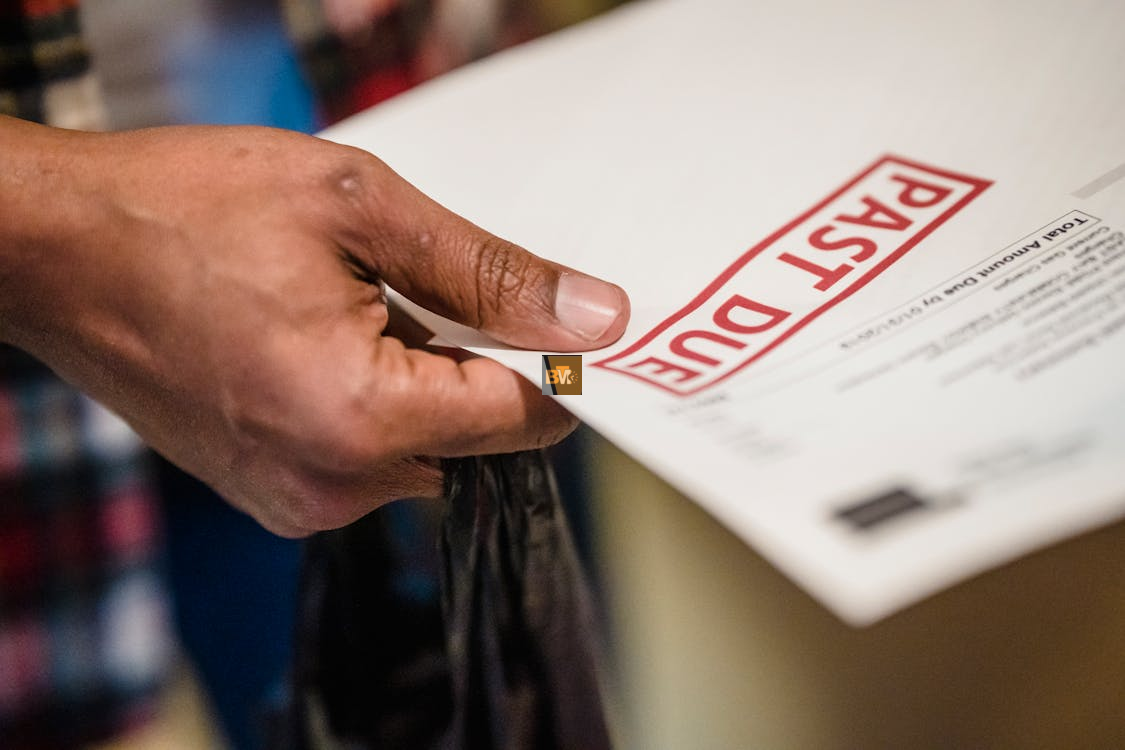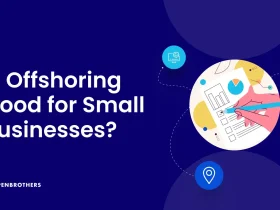Recovering outstanding debts in a business setting requires skill, persistence, and a well-planned strategy. Unpaid invoices disrupt cash flow and create financial strain, making it essential for businesses to act swiftly and effectively. However, aggressive collection tactics can damage relationships with clients, leading to lost business opportunities.
Successful commercial debt recovery is about striking the right balance—being firm but fair. Whether dealing with overdue accounts or chronic late payers, businesses must establish a proactive approach. This article outlines key strategies to maximise debt recovery efforts while maintaining positive client relationships, ensuring financial stability and long-term growth.
1. Establish Clear Payment Terms Upfront
A strong debt recovery process starts with clear, well-defined payment terms. When businesses set expectations from the beginning, they reduce the risk of payment delays and disputes. Every contract or invoice should include details on due dates, late payment penalties, and acceptable payment methods.
Clear communication ensures clients understand their financial obligations. Reinforcing these terms during onboarding and in follow-up communications minimises misunderstandings. Businesses should also provide easy payment options to encourage timely payments. When clients know the consequences of late payments and have simple ways to pay, they are more likely to settle their accounts on time.
2. Maintain Regular Communication with Debtors
Consistent communication is one of the most effective ways to prevent overdue accounts from turning into bad debt. Businesses should establish a structured follow-up process, checking in with clients before payments become overdue. A friendly reminder before the due date often encourages on-time payment.
If a payment deadline passes, a professional yet firm follow-up can prompt action. This approach not only reinforces accountability but also fosters goodwill. Effective commercial debt collection relies on proactive engagement rather than last-minute demands. A structured communication strategy ensures businesses maintain control over outstanding balances while preserving valuable client relationships.
3. Implement an Efficient Invoicing System
An efficient invoicing system reduces payment delays by ensuring accuracy and clarity. Errors or missing details in invoices give clients an excuse to delay payments. Every invoice should include the correct amount, due date, payment instructions, and contact information for any queries.
Automation can streamline the process. Many businesses use invoicing software to generate and send invoices, track payments, and issue automated reminders. A well-organised system also makes it easier to identify overdue accounts early, allowing businesses to take swift action before the situation escalates. Timely and accurate invoicing strengthens financial control and reduces debt collection challenges.
4. Offer Incentives for Early Payments
Encouraging early payments can significantly improve cash flow and reduce the need for debt recovery efforts. Businesses can offer small discounts or other incentives for clients who settle their invoices before the due date. These incentives create a sense of urgency, making clients prioritise the payment.
Another strategy is to implement tiered pricing, where clients paying upfront receive better rates than those opting for extended payment terms. When structured effectively, these incentives can be more cost-efficient than the expenses associated with chasing overdue payments. A well-designed early payment strategy ensures businesses receive funds faster while strengthening client relationships.
5. Address Payment Issues Early
Waiting too long to address overdue payments increases the risk of non-payment. Businesses must be proactive in identifying potential issues before they become serious problems. If a client starts missing payments or delaying responses, immediate action is necessary.
A polite but firm conversation can reveal whether the delay is due to financial struggles, internal processing issues, or simple oversight. Businesses should work with clients to resolve disputes quickly and explore solutions like revised payment plans if necessary. Tackling issues early prevents minor delays from turning into long-term collection problems, safeguarding revenue and financial stability.
6. Utilise a Structured Debt Recovery Process
A structured approach to debt recovery ensures consistency and effectiveness. Businesses should implement a step-by-step collection strategy that includes reminders, escalation procedures, and legal action when necessary. The first step is sending polite but firm payment reminders through multiple channels, such as emails, phone calls, and letters.
If a debtor remains unresponsive, the next phase involves stronger communication, including formal demand letters. Some businesses introduce a final notice warning of potential legal consequences. When necessary, engaging a professional debt recovery agency or legal assistance ensures that outstanding payments are addressed efficiently. A structured process improves recovery rates while maintaining professionalism.
7. Negotiate Payment Plans for Struggling Clients
Some clients may genuinely struggle to pay due to temporary financial setbacks. Instead of pursuing aggressive collection tactics, businesses can explore flexible payment arrangements. A well-structured payment plan helps clients meet their obligations while ensuring businesses receive their money over time.
When negotiating, it is crucial to assess the client’s financial situation and set realistic repayment terms. Written agreements outlining payment schedules, interest rates, and deadlines help avoid future misunderstandings. Businesses should monitor compliance and take further action if a client fails to honour the arrangement. A cooperative approach strengthens relationships while securing overdue payments.
8. Know When to Involve a Debt Collection Agency
Not all overdue accounts can be recovered through internal efforts. When a debtor refuses to pay despite multiple follow-ups, hiring a professional debt collection agency may be the best solution. These agencies specialise in recovering debts while ensuring compliance with relevant laws.
Before engaging an agency, businesses should weigh the cost-benefit ratio. Agencies typically charge a percentage of the recovered amount, so it is important to determine whether the potential recovery justifies the expense. A reputable agency enhances recovery chances while allowing businesses to focus on core operations rather than prolonged collection efforts.
Effective commercial debt recovery requires a combination of proactive measures, structured processes, and strategic interventions. By setting clear payment terms, maintaining open communication, and addressing payment issues early, businesses can minimise overdue accounts. Offering flexible payment options and knowing when to involve professionals further enhance collection efforts.
While legal action should always be a last resort, businesses must remain firm in protecting their financial interests. A well-rounded approach to debt collection ensures steady cash flow, strengthens client relationships, and fosters business growth. With the right strategies in place, businesses can recover outstanding debts efficiently while maintaining professionalism and integrity.







Leave a Reply